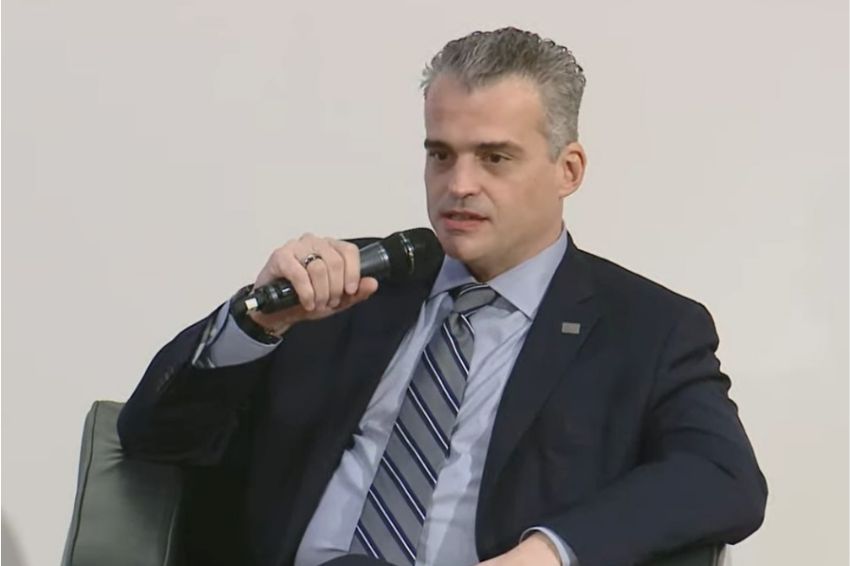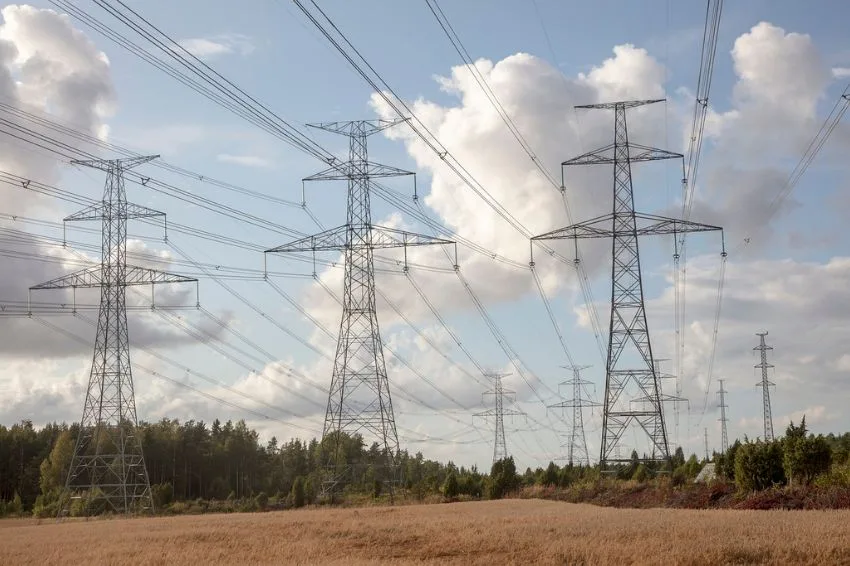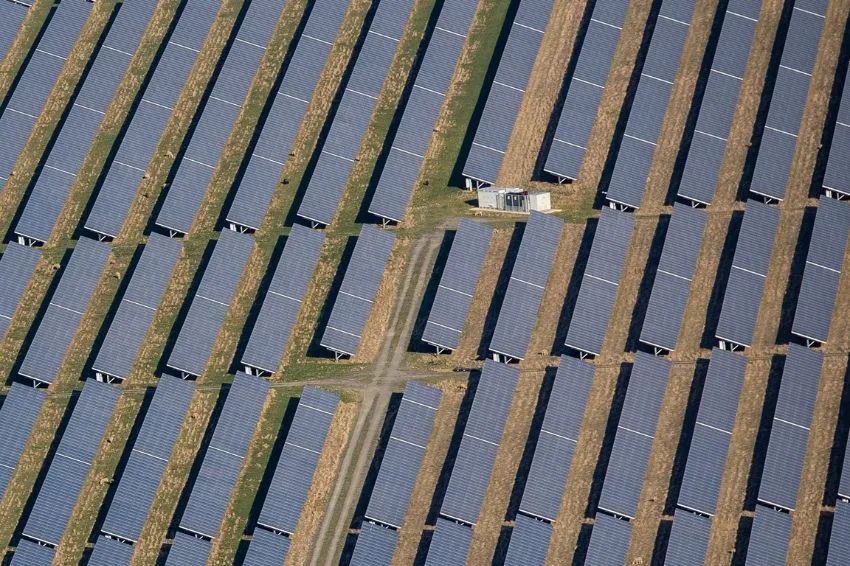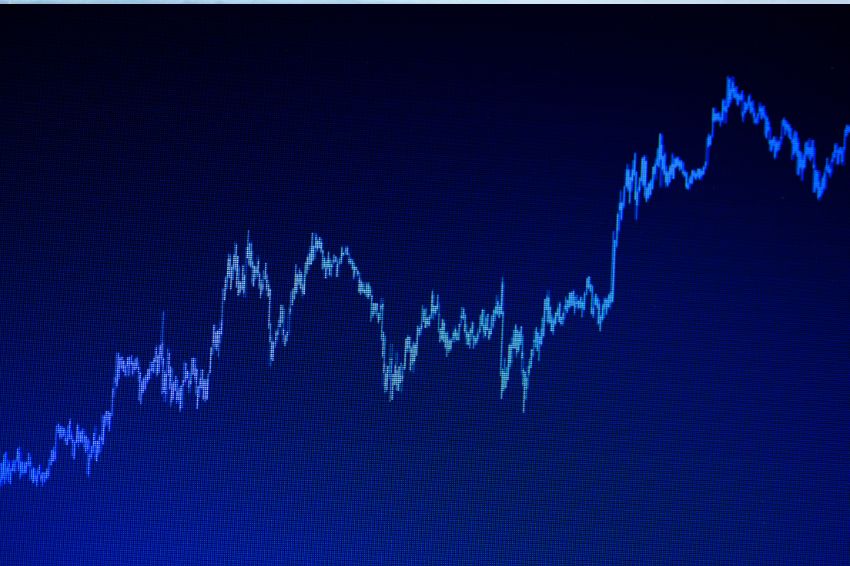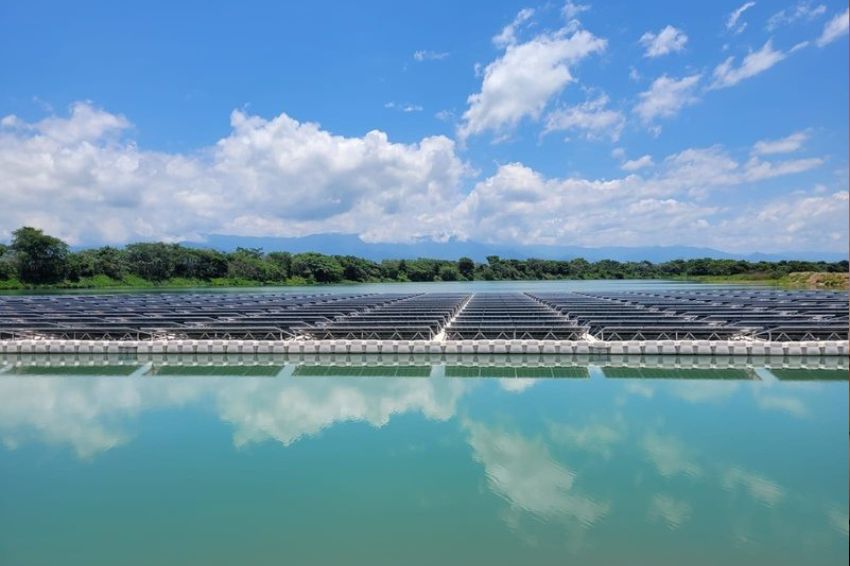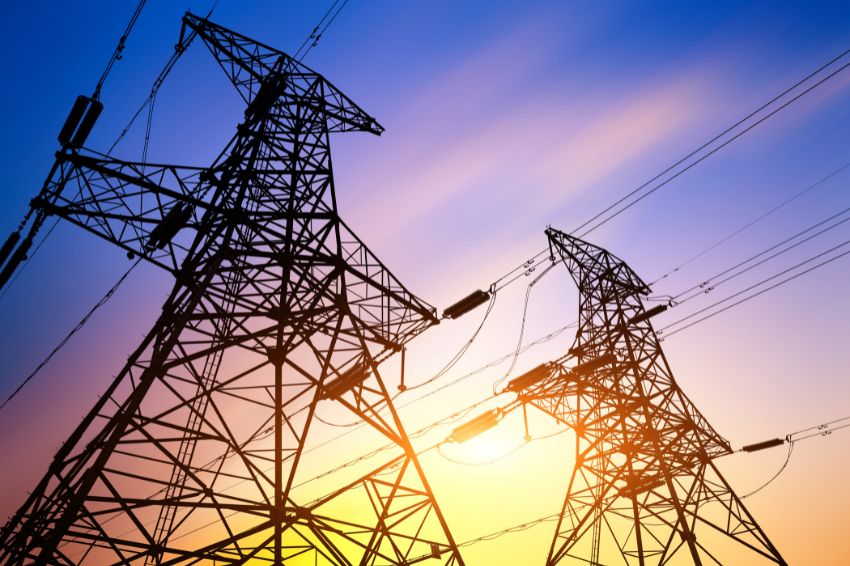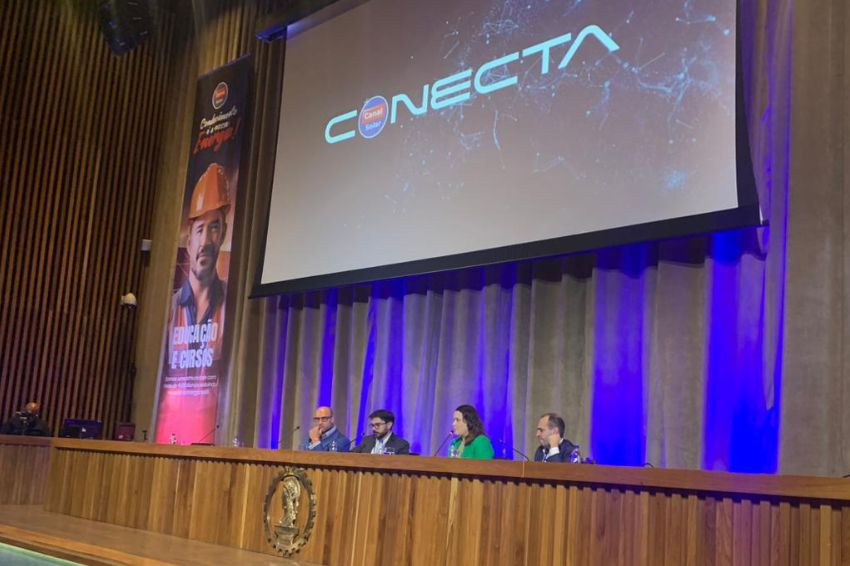Abraceel (Association of Electric Energy Traders) announced its contribution to the second phase of the Public Consultation 11/222, which deals with the implementation of market monitoring.
The objective of the consultation is to create a regulatory framework to monitor the operations of agents, especially traders and generators, in order to avoid liquidity risks in the free electricity market.
This monitoring will be done through the exchange of commercial and financial information between agents and the CCEE (Electricity Trading Chamber).
The Chamber intends to request the following information from agents:
- Total consolidated purchase and sale contracts, in reais and average MW;
- Generation and consumption forecast in MWmed;
- Display of the five largest counterparties, individually, and
- Net equity, excluding low liquidity elements.
The proposal is controversial and there is no consensus among agents. CCEE claims that only with this information will it be possible to carry out good market monitoring.
Agents, in turn, are very concerned about sending confidential and sensitive commercial information, which would have a major impact on the market in the event of a leak. Another point of attention is in relation to the associated costs that such changes would impose on traders.
The discussion about improving free market rules has been going on since 2019. The topic gained prominence in the media after some traders defaulted on the market. The need then arose to make the rules stricter.
Several measures were taken by ANEEL (National Electric Energy Agency) during this period, such as the increase in share capital to open a trading company, new criteria for entry and exit of agents, the creation of type 1 and type 2 trading companies (the latter being limited to the registration of up to 30 average MW per month and the first requiring equity of R$ 10 million) and improving financial guarantees.
In its contribution to CP 11, which ends on May 23, ABRACEEL proposes that only consumers above 3 MW be subject to the market monitoring process.
The justification is that smaller consumers constitute the vast majority of agents, “generating costs and complexity for both the agents and the Chamber, which are not consistent with the degree of risk that these agents individually attribute to the system.”
The association is against sending the five largest counterparties individually, “due to the sensitivity of the information and lack of well-defined governance of the platform to which the data will be submitted”.
It should be noted that the agents' contributions to the first phase of CP 11/22 were, almost unanimously, against the sending of this information. ANEEL, in turn, justifies that such information is necessary to carry out a more appropriate assessment of the systemic risk that an agent's default may cause.
The agents claim that the largest counterparties play different roles for each company, “and that their indication alone does not reveal elements for a risk analysis, which involves other aspects, such as the profile of the counterparty, the type of contract that exists between them, whether bilateral guarantees and what type were required, in addition to each company's own strategy”.
ABRACEEL is also against sending information in Reais on energy purchase and sale contracts, which together with their volume in average MW reveals the average price of the contracts signed, which is very sensitive commercial information. For association, information on average MW would be sufficient, given that exposure is valued at market prices.
ABRACEEL also defends the creation of a future price curve, essential for marking the exhibition to the market. The disclosure of this curve would have to occur before the testing period (shadow operation).
Shadow monitoring, expected to last 12 months, is the period of observation of the applicability of the new rules. It will be an awareness phase for agents, without penalties.
Finally, the entity defends the possibility of using the Adjusted Net Equity of the controlling company if it appears as guarantor of all financial obligations in the contracts entered into by the controlled company. It also requests that the PL be updated quarterly and not annually as originally proposed.
“Improving market security is a priority topic for Abraceel, as we know its importance for the evolution of the electricity sector, by strengthening its credibility, increasing liquidity and consequently creating value for all agents operating in this market”, he says. Click here to read the full contribution.


